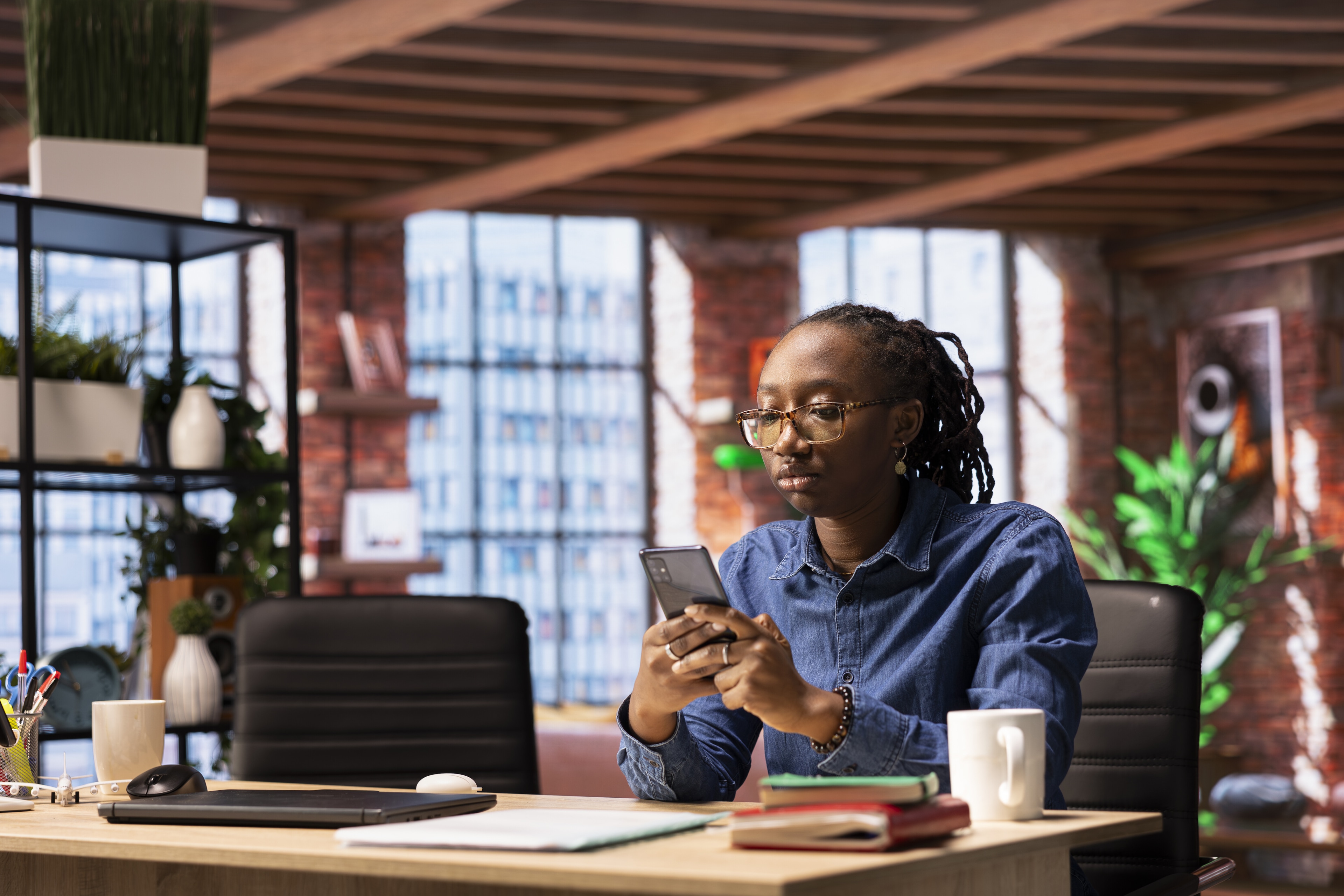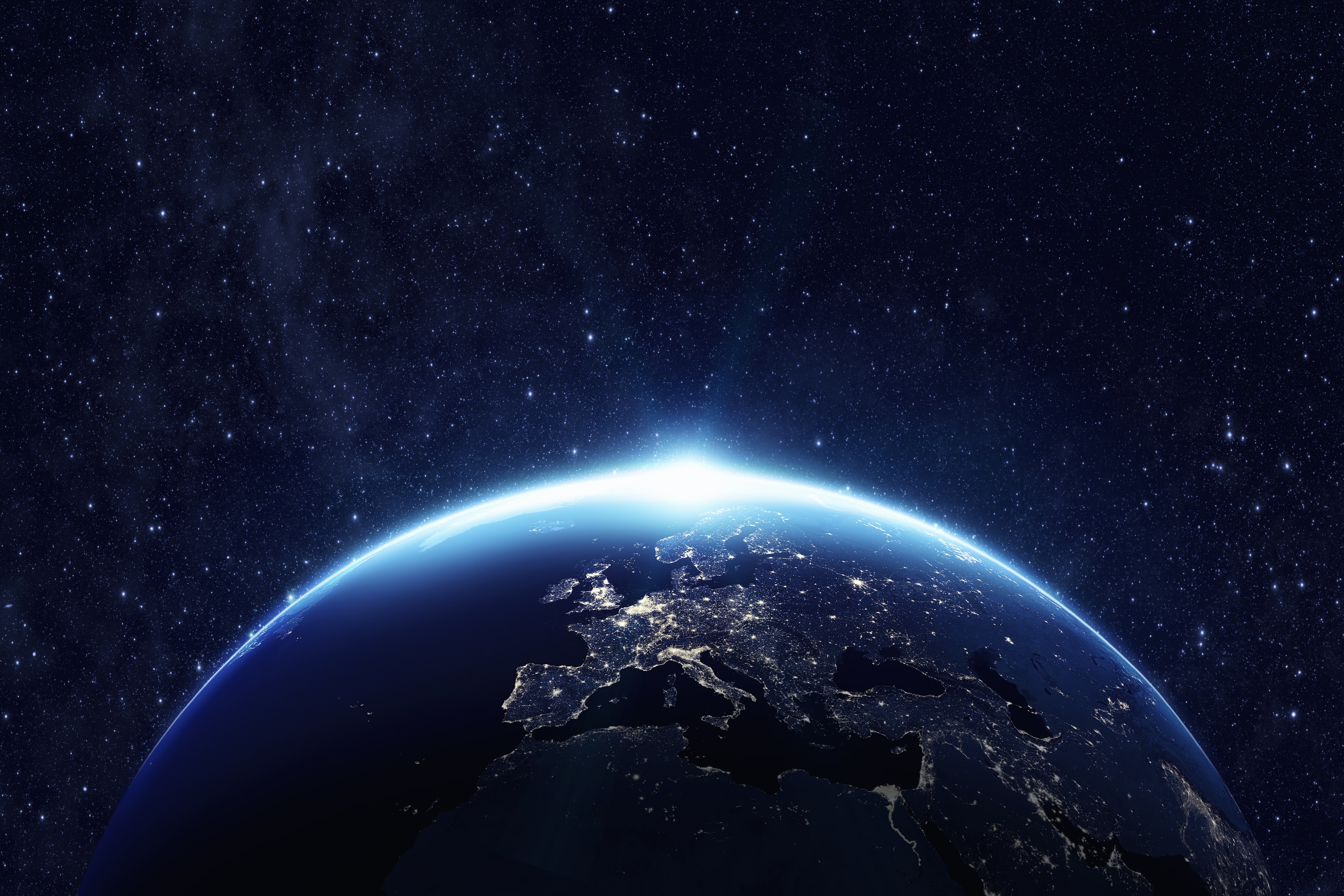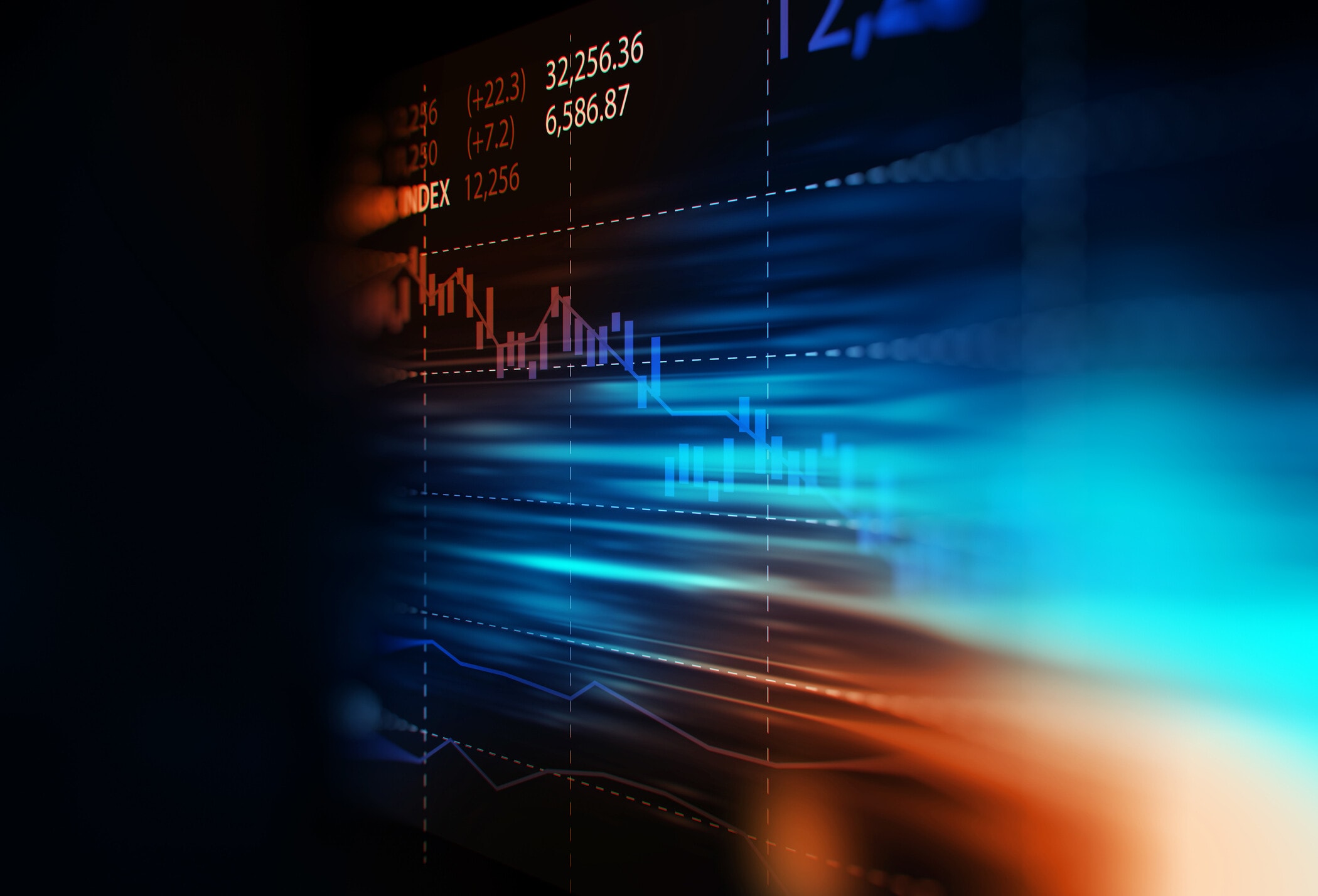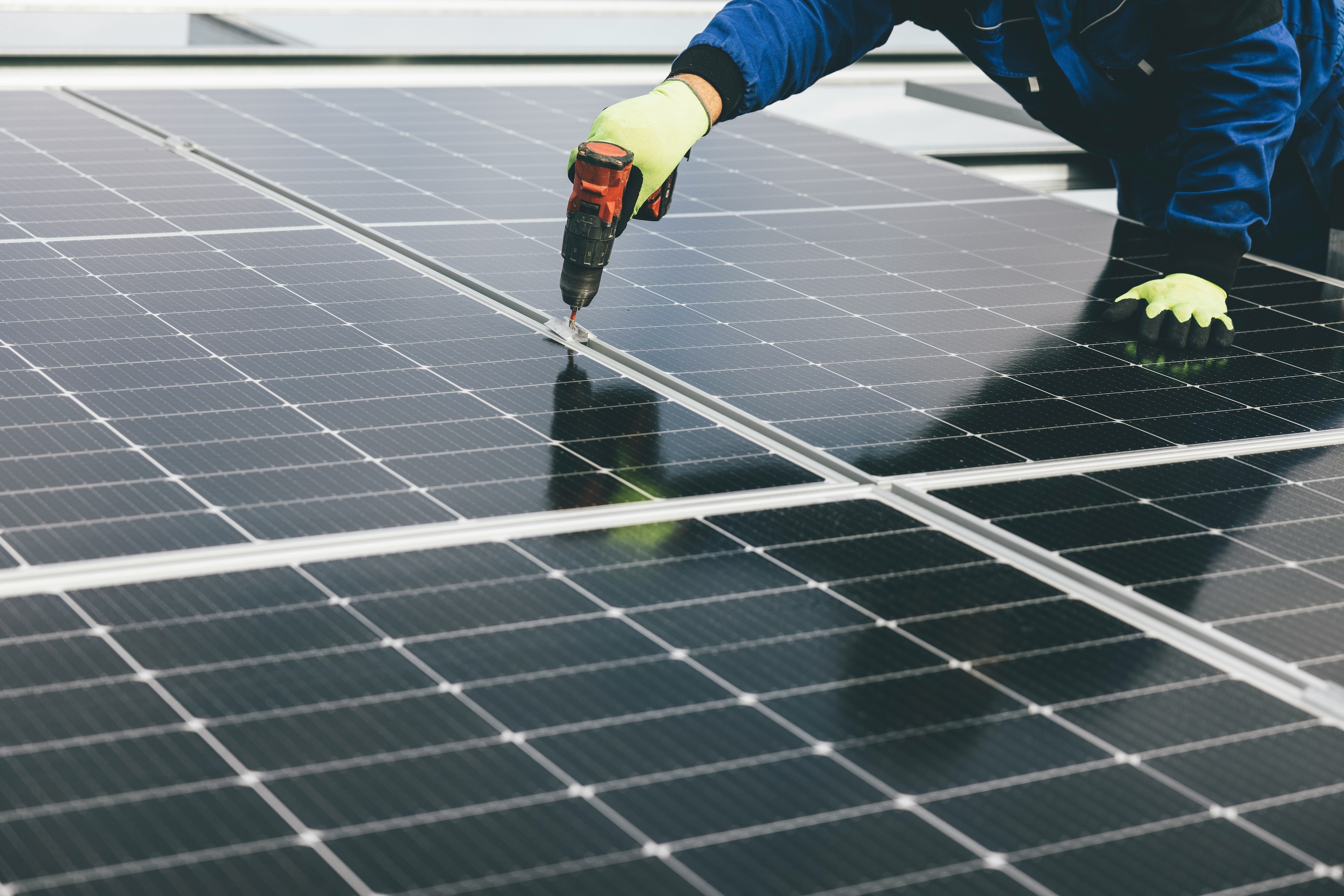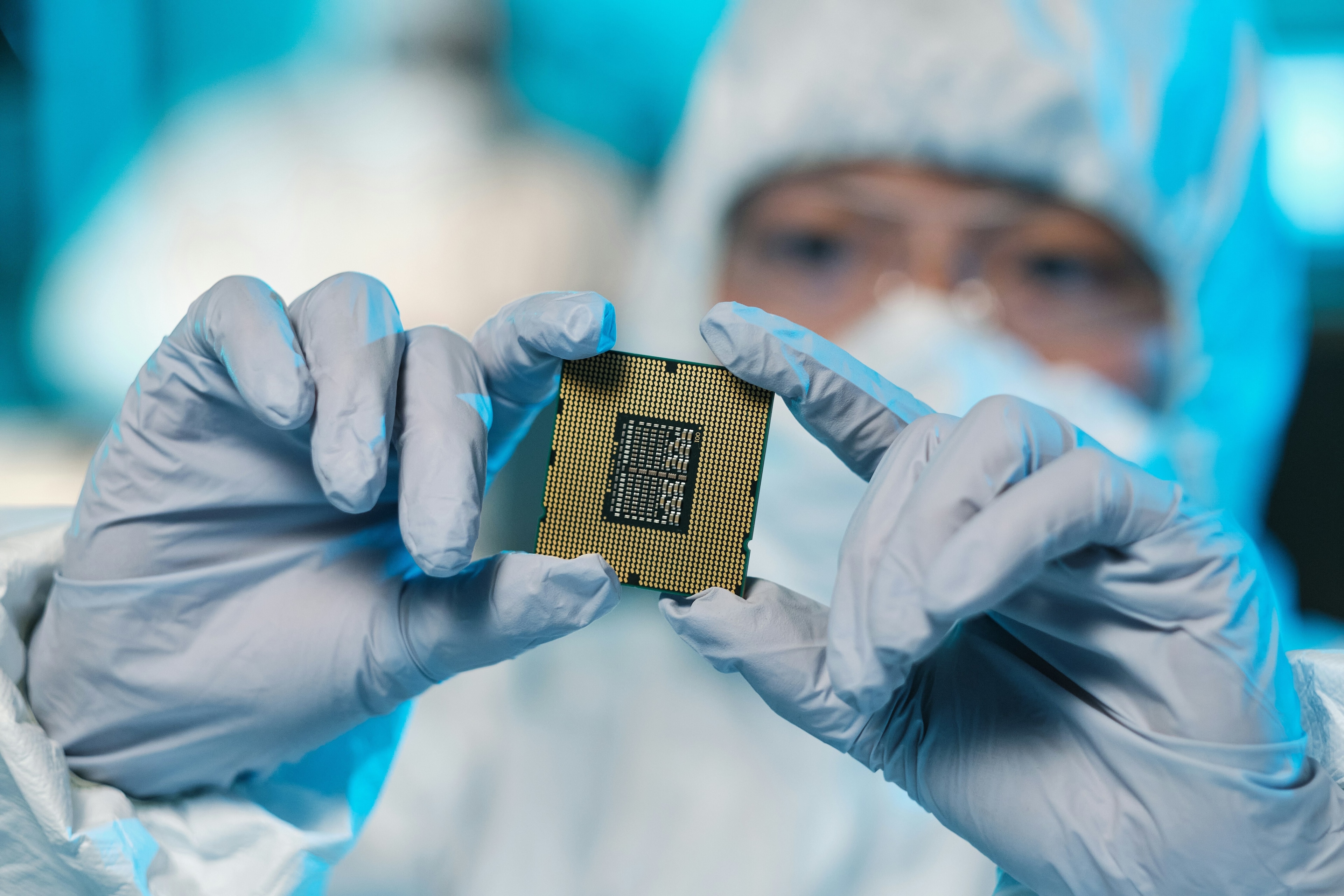How can we promote African innovation?

Stay up to date:
Africa
Three of the top priorities in African development are agriculture, health, and business creation. Nigerian scientist Olufunke Cofie and her Burkinabe colleague Josiane Nikiema of the International Water Management Institute have found a way to advance all three at the same time. They are working on a project to convert a material already found in abundance everywhere in Africa—the contents of our septic tanks and pit latrines—into a fertilizer robust enough to replenish the depleted soil of sub-Saharan Africa.
In doing so, they’ve made the kind of discovery—an unexpected innovation coming from home—that will help Africa transform itself into a continent that solves its own problems.
Currently, 99% of the human waste in Africa is released untreated into the environment, where it puts those around it in danger of infection with diarrheal diseases that kill hundreds of thousands of young Africans every year. Cofie and Nikiema have discovered a way, working in Ghana, to treat fecal sludge that not only removes all threat of disease but also makes it into nutrient-rich fertilizer pellets that can be more easily transported and used. In this way, not just farmers but Africans everywhere benefit, because food will be more affordable and more nutritious. Furthermore, selling the fertilizer, a product made with free raw material, will generate business opportunities for entrepreneurs.
People have been innovating for a long time to promote progress in Africa. But what’s different about Cofie and Nikiema is that their approach could only have happened from Africa. From far away, a scientist working on sanitation isn’t going to be thinking about agriculture as well, and vice versa. But researchers familiar with Africans’ day-to-day lives are going to have an easier time seeing how the two might be connected. It’s almost a truism: The closer you are to the problems you’re trying to solve, the more sensitive and appropriate your solutions are likely to be.
That’s why we’re so happy that the African Academy of Sciences (AAS) and the New Partnership for African Development (NEPAD) announced the creation of the Alliance for Accelerating Excellence in Science in Africa (AESA).One of the new programs that will be run through AESA is called Grand Challenges Africa. Grand Challenges is a research innovation program formed 10 years ago by a group of American and British partners, including the Bill & Melinda Gates Foundation, where we work. Since then it has spread to countries like Brazil and India. Now it’s Africa’s turn. Grand Challenges Africa will support African scientists who have ideas that will transform life on the continent.
In the short term, Grand Challenges Africa will provide more funding, mentorship, and oversight to the hundreds of African scientists already working on projects under the auspices of other Grand Challenges initiatives, in America, and Canada. We work directly with these scientists from Seattle, and we will continue to do so. But we’re 5,000 miles away. Now researchers will have a network of mentors and colleagues much closer to them.
In the long term, Grand Challenges Africa will set its own research agendas, award its own grants, and most importantly champion the cause of African science. It will advocate for pan-African research and development and be a home for networks of scientists across the continent. There are thousands of graduates of African universities with countless brilliant ideas. Now there will be a mechanism for them to come together and make those ideas into realities.
AAS and NEPAD will be facilitating the work of scientists like Coenie Louw, who is working on a technique to extend the shelf life of the antibiotic amoxicillin from two weeks to two years by reconstituting it with a mixture of non-volatile oils instead of water. The problems posed by a two-week shelf-life aren’t an issue in the United States or Europe, where manufacturing facilities are numerous, transport quick, and refrigeration ubiquitous, so a scientist there is far less likely to think creatively about solutions than a scientist who faces these problems every day. With the help of Grand Challenges Africa, the scientists of this continent will take their place among the foremost researchers in the world. In the process, they will save millions of African lives.
Grand Challenges Africa isn’t going to do this on its own, or even in combination with other new AAS programs likeDeveloping Excellence in Leadership, Training and Science Initiative (DELTaS). But we hope that these new programs prove how much good African science can do. Most of all, we hope that African governments begin to invest more in research and development. Grand Challenges Africa by itself may result in a handful of breakthrough projects. But robust African research and development will result in a continent transformed.
This article is published in collaboration with Bill and Melinda Gates Foundation. Publication does not imply endorsement of views by the World Economic Forum.
To keep up with the Agenda subscribe to our weekly newsletter.
Author: Steven Buchsbaum is a Deputy Director, Discovery & Translational Sciences, Global Health Program at Bill & Melinda Gates Foundation. Kedest Tesfagiorgis is a Program Officer at Bill & Melinda Gates Foundation.
Image: A Zimbabwe Stock Exchange official works on a computer after the close of trade in Harare ZIMBABWE-STOCKS/ REUTERS/Philimon Bulawayo
Don't miss any update on this topic
Create a free account and access your personalized content collection with our latest publications and analyses.
License and Republishing
World Economic Forum articles may be republished in accordance with the Creative Commons Attribution-NonCommercial-NoDerivatives 4.0 International Public License, and in accordance with our Terms of Use.
The views expressed in this article are those of the author alone and not the World Economic Forum.
Related topics:
Forum Stories newsletter
Bringing you weekly curated insights and analysis on the global issues that matter.
More on Emerging TechnologiesSee all
David Sullivan
August 26, 2025
Hannes Klöpper
August 26, 2025
Kai Zenner and Benedikt Gieger
August 25, 2025
Lim Chow-Kiat
August 21, 2025
Charles Bourgault and Sarah Moin
August 19, 2025
Spencer Feingold
August 18, 2025
